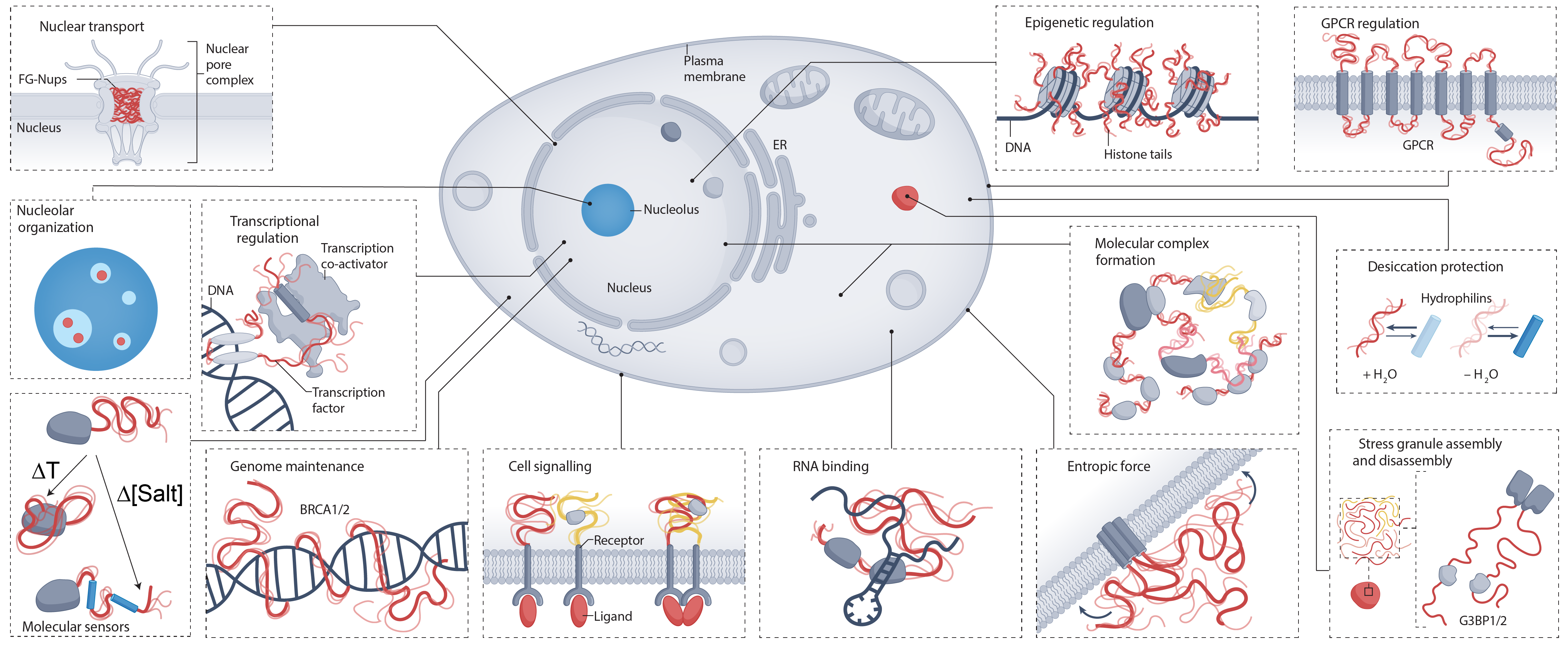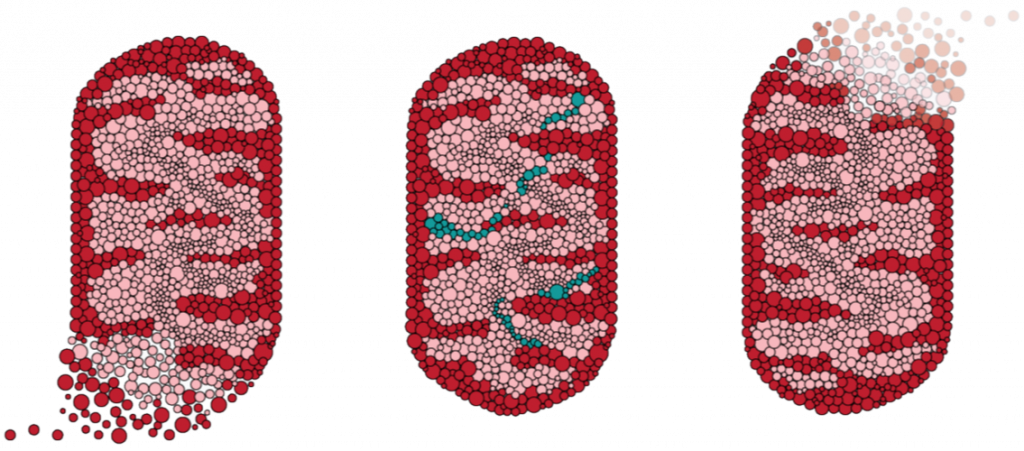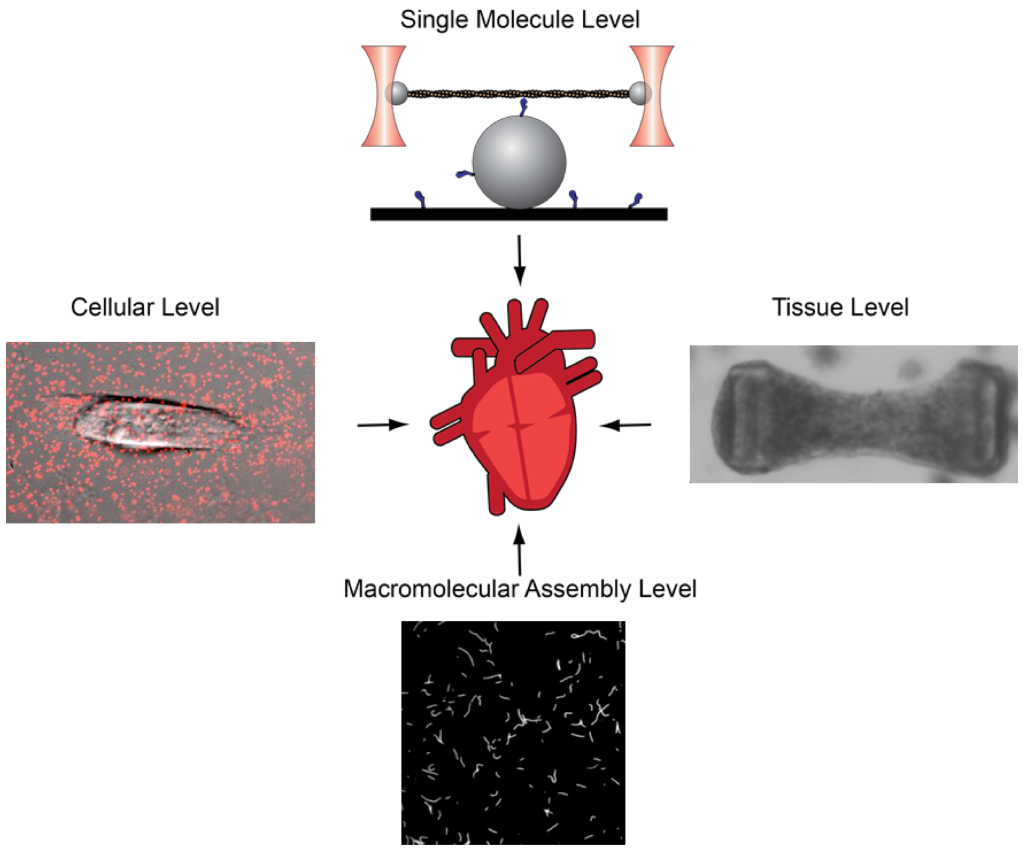The Ghanbarpour Lab studies the breakdown of proteins in bacteria and human mitochondria by ATP-dependent AAA proteases and their cognate modulators. AAA proteases are crucial for removing unneeded or aberrant proteins, ensuring cellular health and shaping the proteome for specific cellular functions.
The selection of proteins for degradation is a sophisticated process, influenced by accessory modulators called adaptor proteins. Despite the importance of this mechanism and the role of adaptor proteins in protein degradation, the molecular details of these processes remain largely unknown.
Our research aims to decode the intricate mechanisms behind protease specificity and how adaptor proteins tailor these actions. We employ a multidisciplinary approach that combines in vitro reconstitution and biochemistry, structural biology (cryo-EM, cryo-ET, and crystallography), cellular assays, and pulse-labeled mass spectrometry to monitor degradation.
Our long-term goal is to enable the development of new therapeutics that can manipulate these protease-adaptor interactions, offering new ways to treat human diseases and fight bacterial infections.








